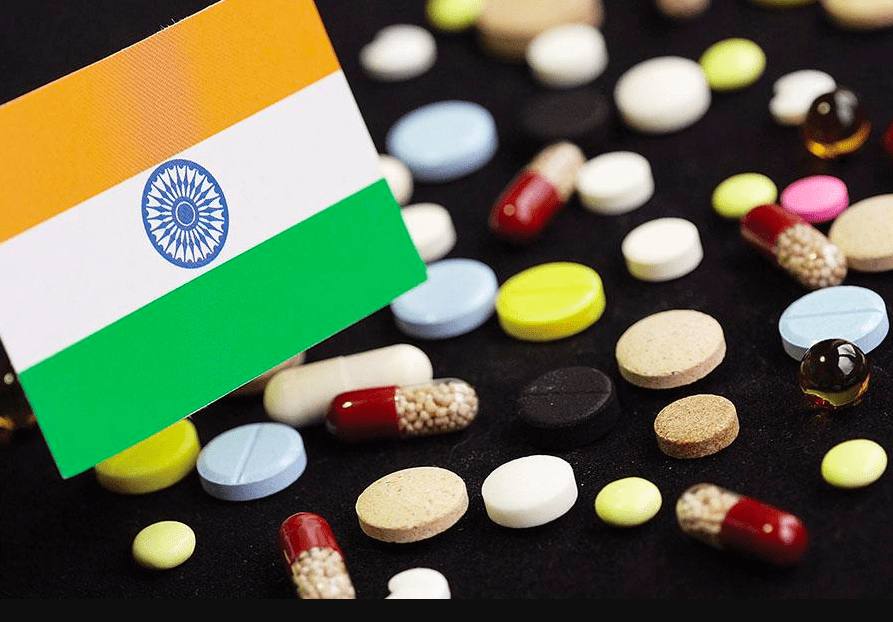India’s pharmaceutical industry has emerged as a global powerhouse, consistently ranking among the top ten producers of generic medicines worldwide. This remarkable success can be attributed to a combination of factors, including:
1. Cost Competitiveness: Indian pharma companies enjoy a significant cost advantage due to lower labor costs, economies of scale, and favorable government policies. This allows them to produce high-quality generic drugs at competitive prices, making them an attractive choice for both domestic and international markets.
2. Strong Scientific Expertise: India boasts a robust pool of scientific talent, with a large number of skilled scientists, researchers, and pharmacists. This expertise has been instrumental in developing innovative formulations and processes, enabling Indian pharma companies to compete effectively in the global market.
3. Government Support: The Indian government has played a crucial role in fostering the growth of the pharmaceutical industry through various initiatives, including tax incentives, subsidies, and research and development funding. This support has created a conducive environment for innovation and growth.
4. Focus on Generic Drugs: Indian pharma companies have primarily focused on the production of generic drugs, which offer higher margins and lower regulatory hurdles compared to branded pharmaceuticals. This focus has allowed them to establish a strong presence in the generic drugs market.
5. Vertical Integration: Many Indian pharma companies have adopted a vertically integrated approach, controlling various stages of the pharmaceutical supply chain, from manufacturing to distribution. This integration has enhanced efficiency, reduced costs, and improved control over the quality of their products.
6. Strong Regulatory Framework: India has a well-established regulatory framework for pharmaceutical products, ensuring that drugs manufactured in the country meet international quality standards. This regulatory compliance has boosted the credibility of Indian pharma companies in the global market.
7. Focus on Exports: Indian pharma companies have actively pursued export opportunities, expanding their reach to over 200 countries worldwide. This export-oriented approach has driven significant growth and international recognition for the Indian pharmaceutical industry.
8. Strategic Partnerships: Indian pharma companies have forged strategic partnerships with multinational corporations, gaining access to global markets, advanced technologies, and distribution networks. These partnerships have accelerated their growth and global reach.
9. Emphasis on Innovation: While primarily focused on generic drugs, Indian pharma companies are increasingly investing in research and development to develop innovative pharmaceutical products. This focus on innovation is opening up new growth opportunities in the branded pharmaceuticals market.
10. Strong R&D Capabilities: India has a strong network of research and development centers, universities, and scientific institutions that support the pharmaceutical industry. These institutions provide a platform for innovation and collaboration, fostering the development of new drugs and technologies.
11. Growing Domestic Market: India’s growing domestic pharmaceutical market, driven by rising disposable incomes and increasing healthcare awareness, provides a strong foundation for Indian pharma companies. This domestic market serves as a testing ground for new products and strategies.
12. Entrepreneurial Spirit: The Indian pharmaceutical industry is characterized by a strong entrepreneurial spirit, with numerous small and medium-sized enterprises driving innovation and growth. This entrepreneurial ecosystem contributes to the industry’s dynamism and resilience.
13. Skilled Workforce: India’s large and skilled workforce provides a competitive advantage for the pharmaceutical industry. The availability of trained chemists, pharmacists, and other professionals has been crucial in supporting the industry’s growth.
14. Adaptability and Resilience: Indian pharma companies have demonstrated adaptability and resilience in the face of global challenges, such as economic downturns and regulatory changes. This ability to adapt has been instrumental in maintaining their competitive edge.
15. Focus on Quality and Safety: Indian pharma companies have a strong commitment to quality and safety, adhering to stringent international standards. This focus on quality has been crucial in gaining the trust of healthcare providers and patients worldwide.
16. Continuous Improvement: Indian pharma companies are committed to continuous improvement, constantly upgrading their manufacturing processes, adopting new technologies, and enhancing their quality control measures. This dedication to improvement ensures their competitiveness in the global market.
17. Emerging Markets Focus: Indian pharma companies have recognized the potential of emerging markets and are actively expanding their presence in these regions. This focus on emerging markets presents new growth opportunities and diversification benefits.
In conclusion, India’s pharmaceutical industry has emerged as a global leader due to a combination of cost competitiveness, strong scientific expertise, government support, focus on generic drugs, vertical integration, strong regulatory framework, focus on exports, strategic partnerships, emphasis on innovation, strong R&D capabilities, growing domestic market, entrepreneurial spirit, skilled workforce, adaptability and resilience, focus on quality and safety, continuous improvement, and emerging markets focus. These factors have enabled Indian pharma companies to establish a strong reputation for quality, affordability, and innovation, making them a significant player in the global pharmaceutical landscape.














